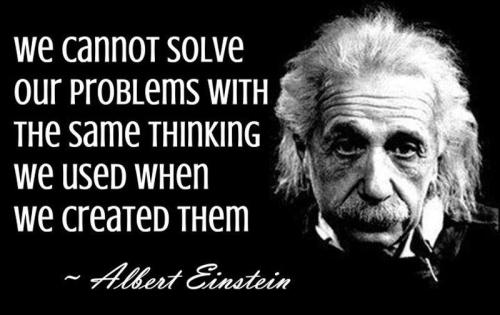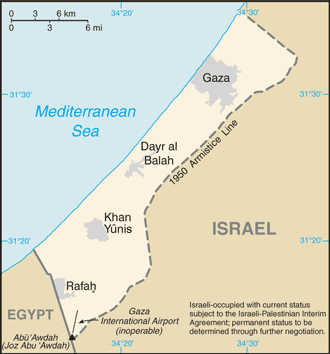In a follow-up to my post on September 6, Choosing Violence, I’m mailing letters to the President, and my members of Congress, with a copy of the article from the Boston Review.
(L to R – President Obama, Senator Tom Udall, Senator Martin Heinrich, Congresswoman Michelle Lujan-Grisham)
September 14, 2016
An Open Letter to President Obama, Senator Tom Udall, Senator Martin Heinrich and Congresswoman Michelle Lujan-Grisham:
We need to address someone who might actually listen, even if at present they cannot hear. They might be distant, but we must believe, if our conviction is to make sense to us, that there is a real chance they will receive our message. Conviction relies on a community, real or really possible, that subscribes to different standards than those of the majority.” — Oded Na’aman in Choosing Violence (Boston Review, August 15, 2016)
This letter is about choosing a different path.
I am writing because I believe each of you may hear my message. If you can’t hear it today, I’m convinced you will in the near future because each of you has shown intelligent compassion mixed with creative thinking in actions that you’ve taken in the past. Those are the qualities we need today more than ever before.
I’m referring specifically to the tragedy in Israel-Palestine unfolding for all sides there, but my message is just as germane in every conflict the U.S. is engaged in abroad, as well as conflicts at home.
Oded Na’aman, a Postdoctoral Fellow at Stanford University, was a soldier in the Israeli Defense Forces in the early 2000s, and he’s written an insightful article entitled Choosing Violence which I’ve enclosed and encourage you to read.
The take-away message from Mr. Na’aman’s article is that violence and war are not tragedies that befall us but rather a choice we make. We choose war as a tool to respond to difficult challenges. I’m convinced we can make other choices using our compassionate intelligence and creative thinking.
The common wisdom in the United States, in Congress, and in the mainstream media, is that we must use violence to fight the terrorists. We must defend ourselves and our values with violence. We believe that our violence, as abhorrent as we may agree it is, is not by choice but by necessity.
I’ve wondered (especially after returning from my 9-month teaching sabbatical in Gaza three years ago) whether I’m a kook for believing that we can choose another path. In 2012-2013, while I was teaching young people about climate change in Gaza, I didn’t find the terrorists that my government warned me about before I traveled. I met with Hamas officials at their offices and in their homes, and I found humans struggling to lead under a long-term siege and occupation. I found humans making mistakes, as all leaders do, but trying to make life better for their people. Hamas’ tactics might be ill-advised, just as I would argue that many of Israel’s tactics are ill-advised, but I didn’t meet any terrorists.
Certainly each side argues why its use of violence is one of necessity and is justified. I’ve heard justifications ad nauseum from people in both Israel and Palestine. The truth, however, is that regardless of which side initiates the violence or defends itself against violence – both are trapped in a cycle of violence which must stop. Neither can get off the treadmill by himself. The United States must help.
Given our significant military aid to Israel, the U.S. has leverage to hold each side accountable for choosing a different path. Why aren’t we using our leverage?

The MOU expected to be signed this week embodies our decision to choose violence once again by pledging to give Israel $38 billion in military aid over ten years. The agreement might speak about “security” but the weapons do not represent future security for Israel but rather prolong Israel’s illegal occupation and humiliation of Palestinians.
Israel’s “qualitative military edge” undermines the possibility of building a just and long-term peace with its neighbors. Instead, we should be helping Israel build a “qualitative peaceful edge.” Israel must remain strong militarily but even stronger as a role model for respecting human dignity and human rights. What path would the U.S. be forging if our financial aid to Israel was directed towards sustainable development projects for both Israel and Palestine?
There may be quiet, private reasons for Congress’s decision to add fuel to the fire in the Middle East. I understand the historical relationship between Israel and the United States; the powerful influence that AIPAC wields in Congress and in elections. I understand how the military aid package to Israel benefits our laboratories and jobs in the U.S., which translates into votes each election cycle. There is no justification, however, for the tremendous pain and destruction perpetrated by the violence we support.
We have a choice. Violence doesn’t choose us, we choose violence.
I may sound like a “deluded crank” to you, but I’m convinced beyond a shadow of a doubt that true justice and the moral high ground will prove me right, hopefully sooner rather than later.
I simply ask that you step on the right side of history. Please choose a different path away from violence.







Mailed my letter to Obama, Udall, Heinrich and Lujan-Grisham today. If anyone has any suggestions about where I might get this Open Letter published, please let me know.